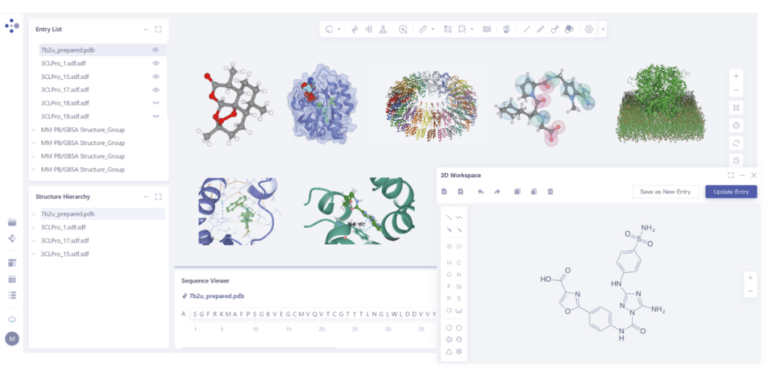“Maximizing Product Design Efficiency with Luminary Cloud’s GPU Simulator”

Simulations are an essential step in physical product engineering.
“Luminary’s real-time engineering approach empowers engineering teams to perform product simulation and analysis cycles in minutes, rather than weeks,” Lango said.
[This] results in improved time to market, faster insights, better design outcomes, increased team productivity and better use of valuable physical prototyping dollars.”AI-leaningLuminary isn’t exactly first-to-market with a cloud-based engineering simulation tool.
Lango met Alonso during summer 2019 through Sutter Hill Ventures, the private equity firm, where Lango was an entrepreneur in residence.
Sutter Hill sees a lucrative future in Luminary, evidently, as the startup’s customer base eclipses 33 organizations across the automotive, aerospace and defense and industrial equipment sectors.




